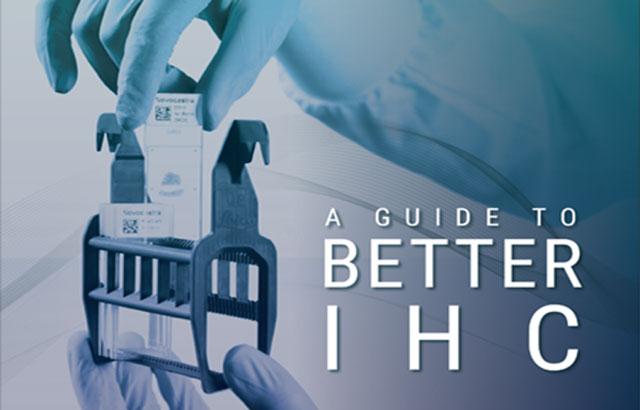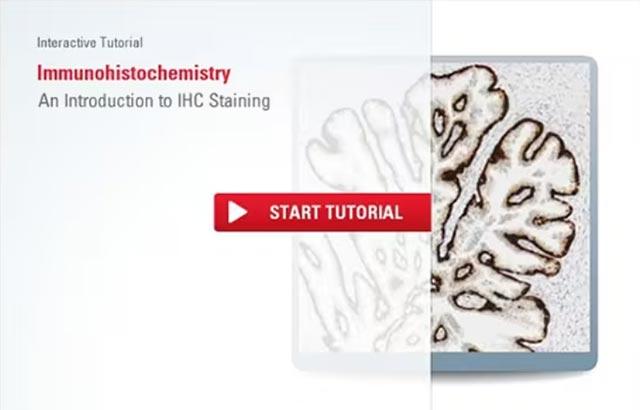
IHC Workflow Optimization Toolkit

Every IHC laboratory is unique and given the daily challenges the laboratory faces, no two days are alike and there is no “perfect” workflow that can anticipate sudden workflow changes, both planned and unplanned. Therefore, the ideal workflow is likely not one that is concrete in nature but adaptable to accommodate the changing needs and challenges laboratories face.
This guide aims to assist you in better understanding your current IHC process by identifying critical points in your current workflow. The tools provided in this guide will help you measure and improve the workflow at these critical points to help you determine the optimal workflow for your lab not only for today, but how to assess and adapt to future changes for your future workflow as well.
This toolkit will provide you the following items to assist you with your workflow assessment:
- Workflow Guide Instructions
- Current High-Level Workflow Assessment Questions
- Current Workflow Data Spreadsheet Templates
- Equipment Strengths/Weaknesses Assessment
- Manual vs Automated IHC Assessment
- Identifying Waste Checklist
- Workflow Analysis Tools with Guides & Templates
- Root cause analysis
- Process mapping
- Pareto charts
- Spaghetti diagrams
- Impact matrix
- Customized Tools
- Common workflow analysis scenarios
About the presenter

Ashley Troutman has been involved in Laboratory Medicine for more than 20 years in clinical, research and administrative capacities. He has worked in facilities of all sizes, from small community hospitals and private labs to large academic medical centers and corporate reference labs. He has extensive experience in laboratory science and management, specifically in anatomic pathology and immunohistochemistry. He has managed routine histology operations and has been part of the team to aid researchers in designing experiments using histologic techniques. These roles have allowed Ashley to lead work process implementation teams that saw success in scientific innovation as well as improving laboratory efficiency through areas of waste/cost reduction, process improvement and safety.
Related Content
Die Inhalte des Knowledge Pathway von Leica Biosystems unterliegen den Nutzungsbedingungen der Website von Leica Biosystems, die hier eingesehen werden können: Rechtlicher Hinweis. Der Inhalt, einschließlich der Webinare, Schulungspräsentationen und ähnlicher Materialien, soll allgemeine Informationen zu bestimmten Themen liefern, die für medizinische Fachkräfte von Interesse sind. Er soll explizit nicht der medizinischen, behördlichen oder rechtlichen Beratung dienen und kann diese auch nicht ersetzen. Die Ansichten und Meinungen, die in Inhalten Dritter zum Ausdruck gebracht werden, spiegeln die persönlichen Auffassungen der Sprecher/Autoren wider und decken sich nicht notwendigerweise mit denen von Leica Biosystems, seinen Mitarbeitern oder Vertretern. Jegliche in den Inhalten enthaltene Links, die auf Quellen oder Inhalte Dritter verweisen, werden lediglich aus Gründen Ihrer Annehmlichkeit zur Verfügung gestellt.
Vor dem Gebrauch sollten die Produktinformationen, Beilagen und Bedienungsanleitungen der jeweiligen Medikamente und Geräte konsultiert werden.
Copyright © 2025 Leica Biosystems division of Leica Microsystems, Inc. and its Leica Biosystems affiliates. All rights reserved. LEICA and the Leica Logo are registered trademarks of Leica Microsystems IR GmbH.



